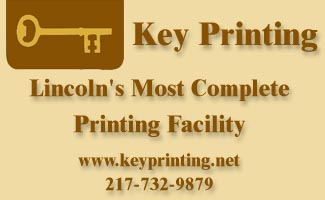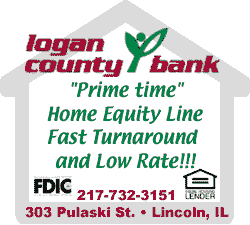|
We
are a nation that seems to cherish our freedom to travel. Our economy
is dependent on this freedom, our relationships made stronger, and our
opportunities seem to be enhanced by this freedom. President
Eisenhower set the nation free when he mandated the construction of
highways and freeways to allow the military and private citizens to
transverse the nation.

In
order for every freedom to be enjoyed by its citizenry, that freedom
must be restricted by rules and laws. It is the rule of law that
ensures that freedom is given equally, with the fewest restrictions,
to be enjoyed in comparative safety. On the freeway, as in all other
areas of American life, the rules are meant to provide equal access,
travel with the least amount of restrictions, conveying us safely to
our destinations.
The
most notable rule of law on the highway is the dreaded speed limit.
Signs dot the roadside landscape appealing to our better sense,
telling us that the law mandates the maximum speed we can travel at.
On most four-lane freeways in Illinois, the speed limit is 65 miles
per hour. Yet, most people don't limit their speed to 65. In fact,
most people only take the speed limit seriously when they either see
the police car or detect one using their radar-detecting device.

The
speed limit they actually adhere to seems to be based on geographic
region. Downstate here, people generally travel at about 70-75 mph,
saying to themselves that the state police won't pull you over for 5
to 10 mph over the limit. In the northern suburbs, the fudge-limit is
more like 80-85 mph, and there is a genuine danger to the few
downstaters who happen to enter their territory and drive at our
accustomed downstate limit (a good way to see Chicagoans make rude
hand gestures, too).
Why
do they call it a speed limit if it doesn't seem to be limiting for
anyone? This application of the rule of law seems to be a joke that no
one takes seriously. People seem to be a law unto themselves, driving
at their own comfortable, subjective speed, until they see a squad car
and quickly put on their brakes. If speed limits on highways and even
city streets are really legislated for our own good, for our own
safety, shouldn't we obey them?
Recently
while on I-55 I saw a newly posted, bright-orange sign declaring that
speeds were being monitored from aircraft above. Drivers speeding
along that stretch of road couldn't have missed these signs. But no
one slowed down. I saw other motorists looking around at the sky, and
I read their thoughts: "Aircraft, I don't see no aircraft!"
Are
drivers jaded and exceed the limits because so many roads seem to be
limited to speeds that seem much slower than they should be posted for
safetyís sake? Perhaps the officials who plan and post speed limits
take into consideration that almost everyone travels at 5-10 mph
faster than the posted limit, and so they post 30 mph in an area where
40 mph is the actual safe speed. Are most drivers behaviorally trained
(like Pavlov's dog or a rat in a maze) by the scarcity of police
enforcement, so why not speed because there is little chance you will
ever get caught? Our whole system of enforcement and adherence seems
to be on a wink-wink, nod-nod basis, and the result is that speed
limits don't mean much of anything.
(To top of second
column)
|

I
think I would like to suggest a more sensible, positive approach.
First, I think every road should be posted at the real speed limit ó
you know, that the public should be limited to for the safety of other
motorists, for the preservation of property along the roadside and for
the safety of pedestrians.
Second,
since I am a technological kind of guy, I think that our automobiles
should be equipped with radio control devices that actively read and
monitor the speed limits on the roads we are traveling and should
bring the current speed limit to our attention so there can't be any
mistake. Our cruise control units can become more sophisticated: one
button for set and another for set-to-the-current-limit. Our cars
should be equipped with warning devices that talk to us with an
annoying voice (maybe with a New York accent) that says, "Do you
really want to go this fast, buddy? Youíre gonna get a ticket, you
know!" (just donít make it sound like my wife, please).

The
same microwave radio signal that reads the speed limit information can
also broadcast notification to the authorities when we choose to
exceed the limit for more than say, 15 seconds, and the computerized
authorities will automatically send you a speeding ticket when you
choose to be a chronic speeder. Police officers, now idled by
automation, can be dispatched for more important duties like catching
robbers, preventing violent crime and catching drug dealers.
We
already have the devices and the technology to make this happen. Car
manufacturers could be manipulated into making it mandatory in every
new car by the year 2002. State governments could roll this technology
out along every major highway by 2005, and later this automation could
be adopted by every village and town in this fair country of ours. The
whole process of travel and the rule of law concerning speeding can
easily be electronically monitored, and enforcement could be automatic
in a short while.
But I
guess I am pessimistic about whether any system like this would ever
be adopted, because we donít want to cooperate in limiting our own
freedoms, even if they are opportunities to do wrong. It seems that we
count it among our unalienable rights to drive faster than the limit
and endanger life and property except when a police cruiser is in the
area. How much sense does this really make?
[Jim
Youngquist]

|